Keyword Research
What is Keyword Research?
Keyword research is the process of identifying and analyzing the words and phrases that people use when searching for information online. It involves finding relevant keywords that have high search volume and low competition to optimize content for search engines. Keyword research is a crucial part of SEO (Search Engine Optimization) and content marketing strategies.
Why is Keyword Research Important?
Keyword research is important because it helps you understand what your target audience is searching for and how to optimize your content to meet their needs. By identifying the right keywords, you can improve your search engine rankings, drive organic traffic to your website, and increase visibility.
Effective keyword research ensures that your content is relevant and aligned with user intent. It helps you create content that answers the questions and addresses the problems of your audience, leading to higher engagement and conversions. Keyword research also informs your content strategy, guiding you in creating valuable and targeted content.
Best Practices for Keyword Research
1. Define Your Goals
Clearly define the goals of your keyword research. Determine what you want to achieve, such as increasing organic traffic, improving search engine rankings, or targeting specific audience segments. Having clear goals guides your research process.
2. Use Keyword Research Tools
Utilize keyword research tools like Google Keyword Planner, Ahrefs, SEMrush, Moz, and Ubersuggest to find relevant keywords. These tools provide data on search volume, competition, keyword difficulty, and related keywords. Using multiple tools ensures comprehensive research.
3. Identify Seed Keywords
Start with broad, general terms related to your industry or topic. These are known as seed keywords. Use these seed keywords to generate a list of more specific and long-tail keywords. Long-tail keywords are typically less competitive and more targeted.
4. Analyze Search Volume and Competition
Evaluate the search volume and competition for each keyword. High search volume indicates that a keyword is popular, while low competition suggests that it is easier to rank for. Aim for keywords with a balance of high search volume and low to moderate competition.
5. Understand User Intent
Consider the user intent behind each keyword. Determine whether the searcher is looking for information, a specific product, or a solution to a problem. Align your keywords with the intent to create content that meets the needs of your audience.
6. Analyze Competitor Keywords
Analyze the keywords that your competitors are targeting. Use tools like Ahrefs and SEMrush to identify the keywords that drive traffic to their websites. Analyzing competitor keywords provides insights and opportunities for your own keyword strategy.
7. Group Keywords by Topic
Organize your keywords into groups based on related topics or themes. This helps in creating content clusters and improving internal linking. Grouping keywords by topic ensures a comprehensive and cohesive content strategy.
8. Use Keywords Naturally
Integrate keywords naturally into your content, including titles, headings, meta descriptions, and body text. Avoid keyword stuffing, which can harm your SEO and readability. Focus on creating high-quality, valuable content that incorporates keywords seamlessly.
9. Monitor and Update Keywords
Regularly monitor the performance of your keywords and update your keyword strategy based on the latest trends and data. SEO is an ongoing process, and staying updated ensures that your content remains relevant and competitive.
10. Track Results
Use analytics tools to track the performance of your keywords and measure the impact on your search engine rankings, traffic, and conversions. Analyzing results helps refine your keyword strategy and improve future performance.
By following these best practices, you can conduct effective keyword research that enhances your SEO efforts, drives organic traffic, and supports your overall content marketing strategy.
For more terms, return to the content marketing glossary and freelance writing glossary.

